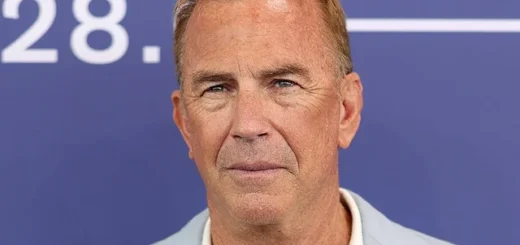Kevin Costner Reveals What He’s Always Hated About Hollywood
If there’s one thing you can say about Kevin Costner, it’s that he never takes the easy road. Throughout his long and storied career, the Hollywood icon has built a reputation for being hands-on—sometimes to the point of butting heads with directors—insisting on having creative control over his projects. His approach isn’t always popular, but it’s undeniably personal.
Costner’s resume speaks for itself. In just five years during the late ’80s and early ’90s, he starred in and helped shape an impressive string of modern classics: The Untouchables, Field of Dreams, Dances with Wolves, JFK, and The Bodyguard. Few actors can claim a streak like that.
Time and again, the peaks of Costner’s career have come when he followed his instincts—often in defiance of studios, test audiences, and traditional Hollywood thinking. He’s even put his own money on the line to bring his vision to life. That gamble has paid off more than once, most notably with Dances with Wolves, which earned him Academy Awards for both Best Picture and Best Director.
But that same uncompromising nature has also led him into trouble. Expensive misfires like Waterworld and The Postman became cautionary tales of unchecked creative freedom. Still, Costner has never wavered. And in 2024, he doubled down once again with Horizon: An American Saga – Chapter 1, a sweeping Western epic he largely funded himself, reportedly investing $38 million of his own fortune.
While making Horizon, Costner ran into a familiar obstacle: Hollywood’s obsession with test screenings. In a candid conversation with fellow auteur Francis Ford Coppola, he didn’t hold back: “God forbid they go test screen it—then, holy hell breaks loose.”
For Costner, the very idea of trying to dissect a film based on feedback scores is deeply flawed. “Movies are emotional experiences, not intellectual ones,” he argues. “That’s when the movies are at their most vulnerable—when we start giving them scores.” He believes that test screening culture shifts power away from filmmakers and hands it to executives who chase numbers, especially opening weekend performance, instead of long-term cultural impact.
His resistance to test screenings isn’t new. Costner refused to trim The Postman despite disastrous early screenings, and he fought to keep Waterworld at its original length—only to have it cut down before its theatrical release. With Horizon, he again ignored outside opinions. Chapter 1 ran for a full 181 minutes, and while the film struggled at the box office, Costner remained unfazed.
“I know, absolutely, that because of testing, studio executives live or die depending on what happens Friday night,” he said. “But movies can have a life long after that. I believe in the life of the movie more than I believe in the opening weekend, so every decision I make has to do with that.”
For better or worse, Kevin Costner will always bet on his own vision. And in a risk-averse Hollywood, that makes him a rare breed.


